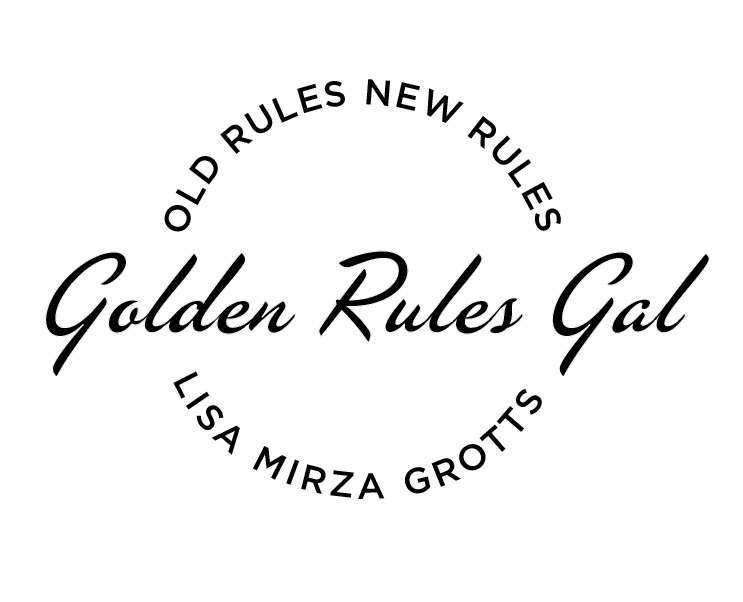When communicating with others in the business world, be sure what you say and write has impact. Here are tips for both verbal and written communications.
Verbal Communication
• Speak clearly (don’t mumble) and loud enough (but not too loud), while standing or sitting up straight and looking your listener in the eye.
• Make a statement rather than asking a question. By the same token, don’t weaken your comment by following it up with remarks such as “Don’t you think?” or “Wouldn’t you agree?”
• Avoid disclaimers such as “I’m no authority, but . . .” and “I could be wrong.”
• Never answer a question with a question.
• Be aware that certain words and phrases detract from the power of your speech. For example, qualifiers such as “sort of” and “rather,” as well as other adjectives and adverbs, can weaken rather than strengthen your message, as in “I’m really sorry,” or “The program is super fantastic.”
• Avoid fillers such as um and ah. It’s better to have a pregnant pause.
Written Communication
• State what your letter or e-mail is about in the first paragraph, and use the person’s name in your salutation.
• Write the letter or e-mail from the reader’s point of view. That is, anticipate what the reader needs to know and answer any questions or concerns you think your letter or e-mail might bring up. In other words, give the reader as much information as possible about the subject of the letter or e-mail instead of leaving loose ends.
• Write the way you talk. In other words, don’t use multisyllabic words and complicated phrases in order to sound smart or important.
• Be specific, not cute or flippant.
• If dealing with a controversial subject, make sure you can defend your position and that your argument is relevant.
• Use active-voice verbs and strong action words, as in “I know that this plan is a good one” rather than “It is surmised that this plan would be good.”
• Keep your letter or e-mail brief and to the point. The more words you use, the less impact they will have.
• In the last paragraph, state your intentions: “I will call your assistant next week to set up a meeting that is convenient for you.” And make sure you follow up!
http://37.60.249.202/~expertet/wp-content/uploads/about-lisa.jpg Lisa Mirza Grotts is a recognized etiquette expert, an on-air contributor, and the author of A Traveler’s Passport to Etiquette. She is a former director of protocol for the city and county of San Francisco and the founder and CEO of The AML Group (Lisagrotts.com), certified etiquette and protocol consultants. Her clients range from Stanford Hospital to Cornell University and Levi Strauss. She has been quoted by Condé Nast Traveler, InStyle magazine, the Los Angeles Times, and the New York Times. To learn more about Lisa, follow her on Twitter.com/LisaGrotts and Facebook.com/LisaGrotts
Follow Lisa Mirza Grotts on Twitter.
